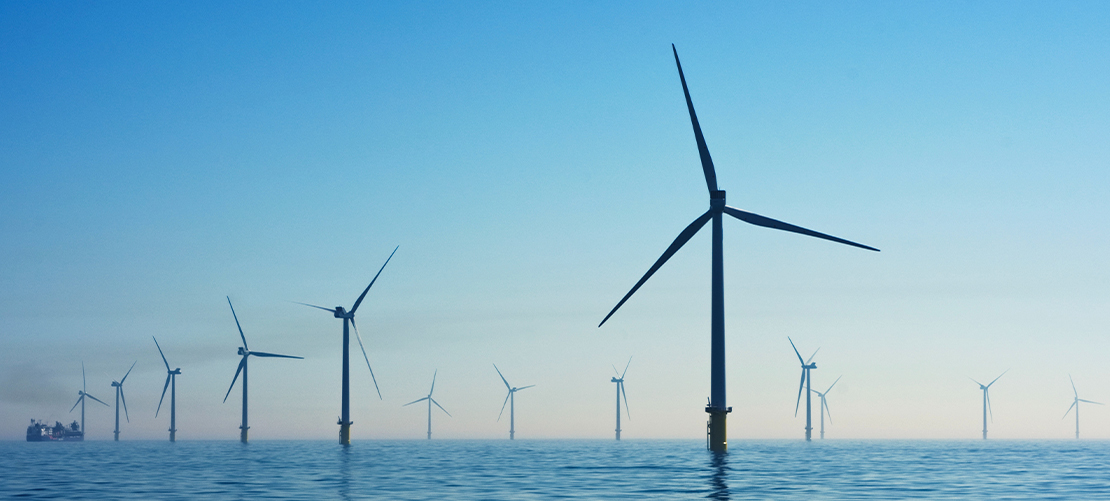Manifesting decarbonisation policies

The manifestos are out and we've taken a headline look at the key pledges from both the Conservative and Labour parties to help give a snapshot of their position on various decarbonisation issues. Read our table below for a brief summary.
How prominent a role will decarbonisation pledges play in each party's election campaigns? It will be interesting to find out as the election campaigns heat up. It is still relatively early days but the media's focus to date seems to have been other domestic and overseas issues, but it may be that the publication of the manifestos puts net zero higher on the agenda. Where anyone is actually going to get the money from for all this is still anyone's guess…
CONSERVATIVE MANIFESTO | LABOUR MANIFESTO |
Net zero | |
A key Conservative pledge is to deliver net zero by 2050. However, they have not committed to decarbonise the UK power system until 2035. | Labour have taken a different stance and whilst not making net zero by 2050 a manifesto pledge, they have committed to decarbonising the UK power system by 2030. |
Oil and gas | |
Legislate to ensure annual licensing rounds for oil and gas production from the North Sea. | Ensure a phased and responsible transition in the North Sea. |
Not revoke existing licences and manage our existing fields for the entirety of their lifespan. | |
Not issue new licences to explore new fields. | |
The windfall tax on oil and gas companies introduced in 2022 to be kept in place until 2028-29, unless prices fall back to normal sooner. | Set up Great British Energy, a publicly owned company, to cut bills and boost energy security, paid for by a windfall tax on oil and gas giants. |
Extend the sunset clause in the Energy Profits Levy until the end of the next parliament. Increase the rate of the levy by three percentage points. | |
Maintain the investment allowances. | Remove the investment allowances. |
Build new gas power stations. | Maintain a strategic reserve of gas power stations. |
Renewables | |
Treble our offshore wind capacity. | Quadruple our offshore wind capacity. Double our onshore wind capacity. Triple solar power. |
Nuclear | |
Approve two new fleets of Small Modular Reactors and halve the time it takes for new nuclear reactors to be approved. | A more general statement is given, committing to supporting new nuclear including Small Modular Reactors. |
A new gigawatt power plant at Wylfa. | |
Carbon capture / hydrogen | |
Build the first two carbon capture and storage clusters. | National Wealth Fund to have:
|
Energy transition | |
Invest £1.1 billion into the Green Industries Growth Accelerator to support British manufacturing capabilities, boost supply chains and ensure our energy transition is made in Britain. | Great British Energy, a new publicly owned company capitalised with £8.3 billion, to partner with companies and authorities to install thousands of clean power projects: onshore wind, solar, and hydropower. |
Provide a bonus, on top of contract payments that support offshore wind, to reward energy firms that invest in manufacturing in the most disadvantaged places in the UK or invest in more sustainable supply chains. | Reward clean energy developers with a British Jobs Bonus, allocating up to £500 million per year from 2026, to incentivise firms who offer good jobs, terms and conditions and build their manufacturing supply chains in our industrial heartlands, coastal areas, and energy communities. |
Given the next government will be led by either Conservative or Labour, we have focussed just on these two parties for the purpose of this snapshot.
However, both the Liberal Democrats and (no surprises here) the Green Party have included some strong decarbonisation pledges in their manifestos that go further than either the Conservative or Labour ones.
For example, the Liberal Democrats promise to "double nature" by 2050, which involves doubling: (i) woodland cover, (ii) the abundance of species and (iii) the size of the Protected Area Network. Further, the Green Party pledges to introduce a new carbon tax on all businesses, ban all new fossil fuel extraction projects and remove all subsidies for the oil and gas industry. Whilst it is unlikely either of the two main parties will action these in the short-term, it may well be that such policies indicate the areas in which challenger parties will seek to pressure the next government.
On the other side, Reform would abandon all existing carbon emissions targets, accelerate oil and gas licences in the North Sea and restart coal mines.
We look forward to seeing the upcoming debates and commentary on these manifestos and, further into the future, how strictly they are adhered to.




